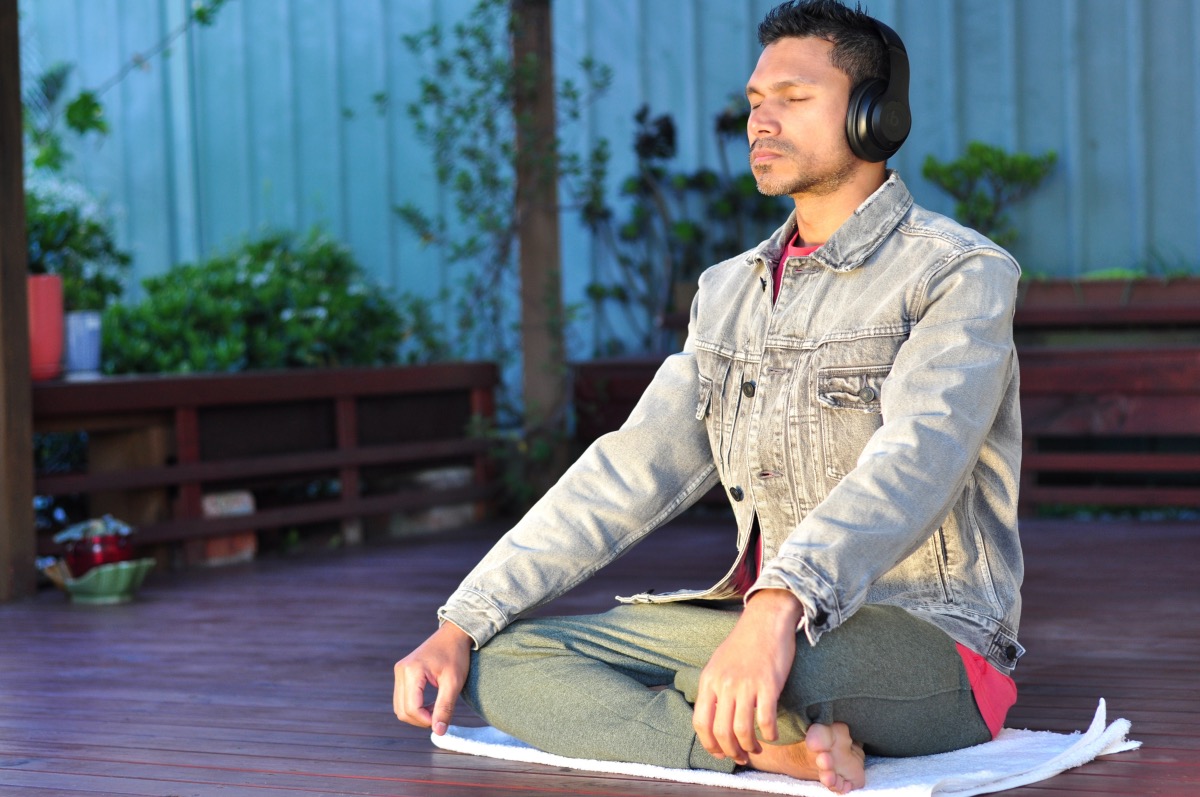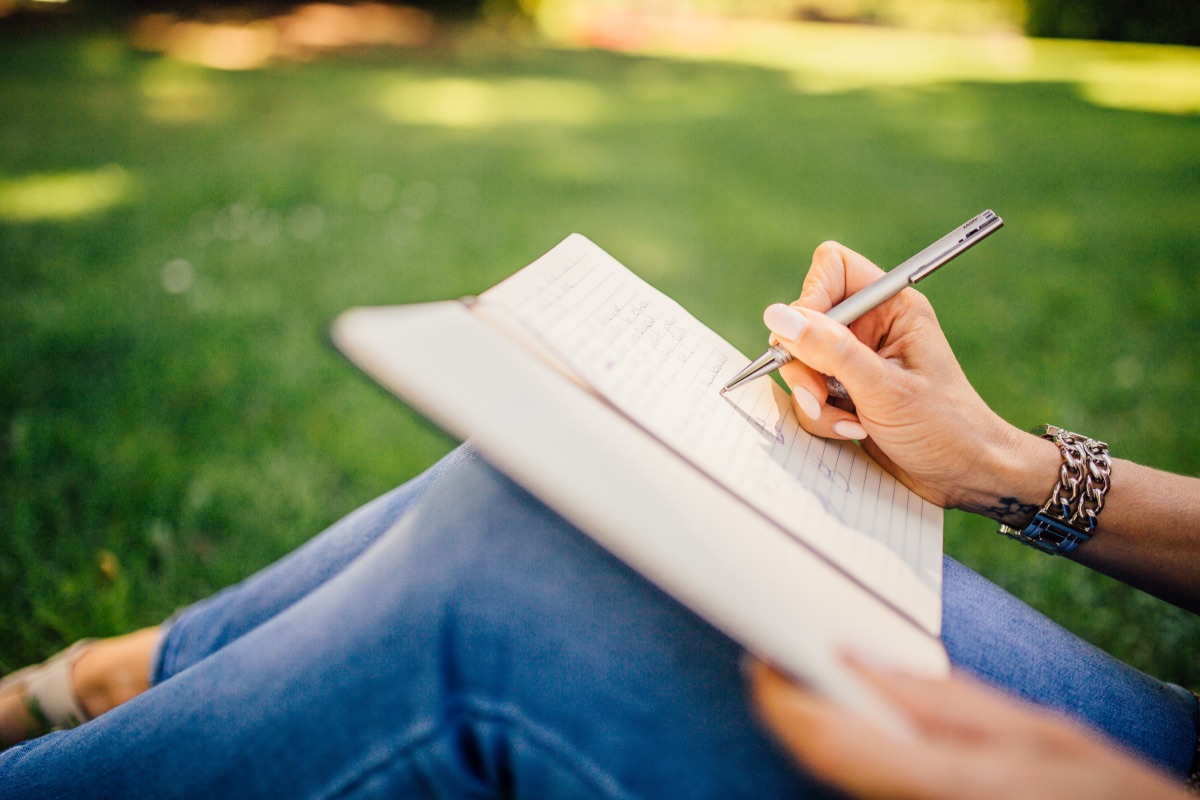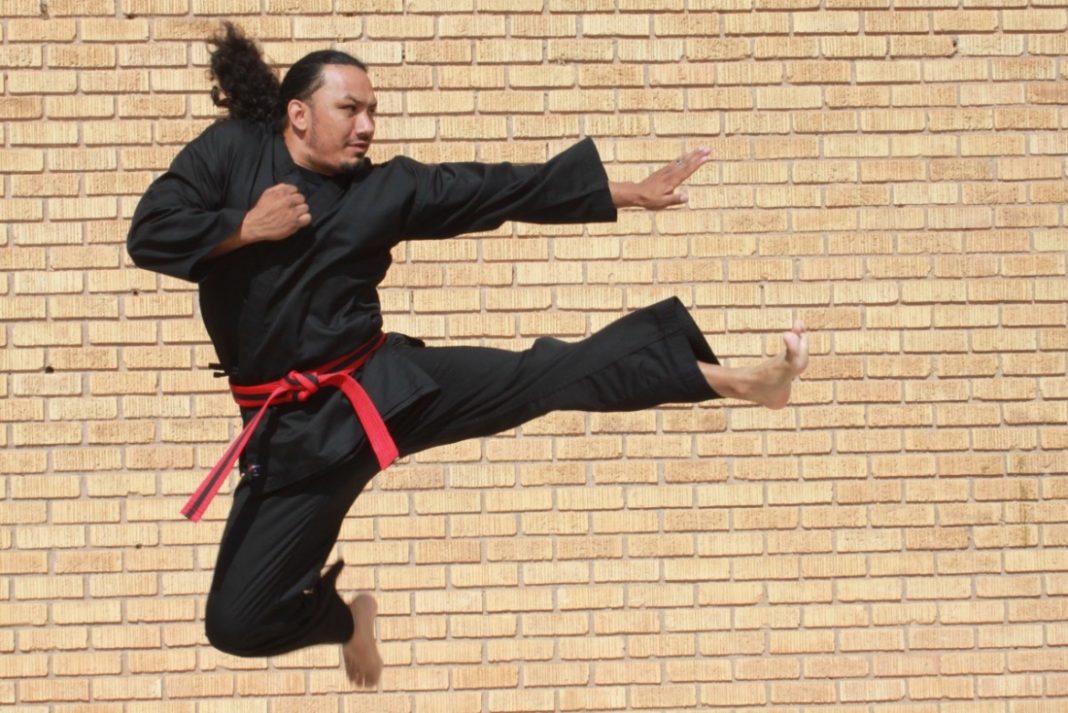Three years ago, I found myself in a hospital corridor clutching a paper cup of vending machine coffee, watching my breath fog up the glass as I waited for test results. Burnout. Hypertension. Early signs of metabolic syndrome. I was 36, juggling a demanding career, a young family, and a body that was beginning to falter under the pressure of modern life.
That day was my wake-up call—not for a radical lifestyle overhaul, but for a recalibration. I didn’t need a wellness retreat or a personal trainer. I needed micro shifts. Small, deliberate actions that could be stitched into my daily rhythm to make me stronger, calmer, and more resilient.
What follows is not a blueprint from a self-help guru but a lived, tested strategy: 12 micro habits that, over time, hardened my mind, fortified my body, and pulled me back from the edge. Each is backed by emerging research and refined by experience.

1. Breathe Deeply Before You React
Stress often hijacks the body before the mind catches up. By training myself to take a deep breath before responding to tension—a sharp email, a crying child, a looming deadline—I gave my parasympathetic nervous system a chance to kick in.
Studies from Stanford’s Centre for Stress and Health show that controlled breathing lowers cortisol levels and activates the vagus nerve, promoting calm and clarity. Even one minute of slow, deep breaths (inhale 4 seconds, exhale 6 seconds) can reset your stress response.
2. Walk Without Your Phone
I began taking ten-minute walks every morning and evening without headphones, podcasts or my phone. At first, it felt awkward—like I was wasting time. But this digital detox created space for mental clarity, emotional processing, and creative thought.
Harvard Medical School confirms that “awe walks”—mindful strolls that encourage observation and presence—improve mood and reduce anxiety. Let your feet hit the pavement, your senses come alive, and your mind uncoil.
3. Embrace Cold Showers (Yes, Really)
It started as a dare with a friend but evolved into a daily ritual. Cold exposure, even for just 30 seconds at the end of a warm shower, trained my body to tolerate discomfort and built grit.
A 2022 study in Cell Reports Medicine showed that short bouts of cold exposure increase dopamine levels by 250% and sustain those levels for hours. That’s a bigger lift than most antidepressants.

4. Write One Line Every Morning
Not a journal entry or essay—just one sentence. It could be how I felt, what I dreamt, or something I noticed. This tiny habit grounded my day in self-awareness without pressure or performance.
Psychologists call this “emotional labelling,” and it’s been shown to reduce the intensity of negative feelings. It’s also a gentle way to begin processing what often stays buried beneath our busyness.

5. Protect the First Hour of the Day
I no longer begin my day with email, news, or social media. Instead, I keep the first hour tech-free—devoted to movement, hydration, and reflection. That boundary restored agency to my mornings.
The University of British Columbia found that people who avoided screens in the first hour of waking reported lower anxiety and improved focus throughout the day. How you start determines how you carry.
6. Micro-Fasten Once a Week
Skipping breakfast one day a week—ending dinner by 8pm and eating again around noon the next day—helped reset my metabolism and introduced me to mindful hunger.
According to the Journal of Nutrition and Healthy Aging, even intermittent fasting once weekly can enhance autophagy (cell repair), reduce inflammation, and improve energy regulation. It also builds discipline in a world of constant consumption.

7. Drink Water Before Caffeine
A glass of water first thing in the morning helped me hydrate, support my organs, and reduce the adrenal shock that caffeine can trigger on an empty stomach.
Hydration first thing supports kidney function and enhances alertness without the crash. Research from the University of Connecticut shows even mild dehydration affects mood, memory, and brain performance.

8. Lift Something Heavy (With Form)
I added three sessions a week of strength training with just body weight and resistance bands—squats, push-ups, deadlifts. Nothing fancy, no gym needed. The goal? Functional strength and hormonal balance.
Muscle mass is a stress buffer. As we age, resistance training becomes non-negotiable. A 2021 study in The Lancet Healthy Longevity found strength training to be the single most effective habit for longevity, especially past 40.
9. Say “No” Without Explaining
One of the most powerful stress reducers I discovered wasn’t physical—it was linguistic. Learning to decline invitations, tasks, or obligations with a firm, respectful “no” without justification restored time and dignity.
Dr. Vanessa Bohns, author of You Have More Influence Than You Think, explains that over-explaining our “no” often leads to guilt and negotiation. A clean boundary is both kind and clear.

10. Eat Greens Before Anything Else
At each meal, I made a rule: eat greens first. A handful of spinach, rocket, kale, or broccoli before carbs or proteins. It curbed my appetite, aided digestion, and ensured I hit my fibre goals.
A 2020 study in Diabetes Care revealed that eating vegetables before carbohydrates significantly reduces post-meal blood sugar spikes—a key marker in managing long-term stress and metabolic health.
11. Practise the 20-Second Rule
Any habit I wanted to do more of, I made easier to access by 20 seconds. Water bottle on desk. Yoga mat unrolled. Book on pillow. Conversely, I made bad habits 20 seconds harder.
This principle, coined by psychologist Shawn Achor, uses behavioural friction to nudge you in the right direction. In a distracted world, convenience is destiny.

12. Take a Silence Break
One minute. No input. No output. Just being still. I built silence into transitions—between meetings, after meals, before sleep. In those brief pauses, I recovered fragments of myself lost in noise.
Silence activates the brain’s default mode network, responsible for introspection, creativity, and emotional regulation. Neuroscientists at Duke University found that two hours of silence daily prompted cell growth in the hippocampus—the centre for memory and emotion.
Final Thoughts: Resilience Isn’t Built Overnight
None of these habits will change your life in a day. But compounded over time, they change your baseline. You sleep deeper. Think sharper. React slower. Stress still comes, but it no longer rules.
The truth I learned in that hospital corridor is this: resilience isn’t found in the grand gesture—it’s found in daily decisions made with intention. These micro habits won’t shield you from life’s storms, but they will make you strong enough to outlive them.







